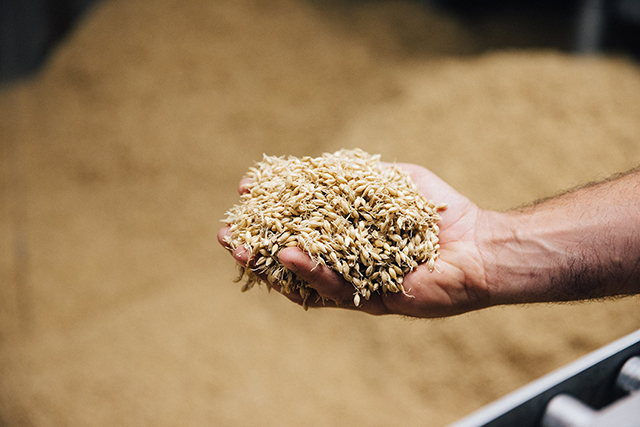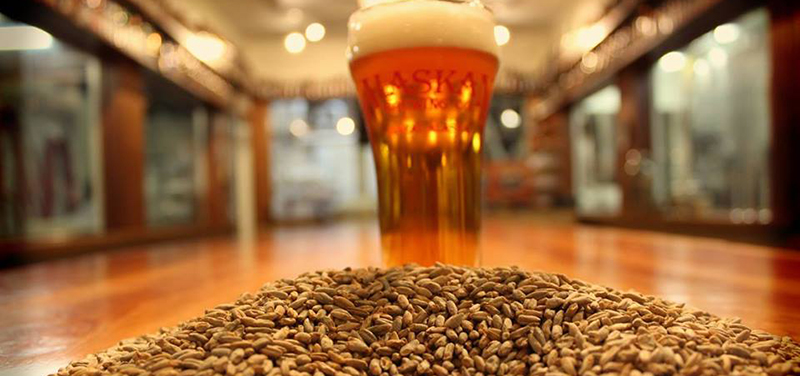
Off-site malt storage was a necessary evil for three out of Icicle Brewing‘s first eight years. But Dean Priebe, the Leavenworth, Washington brewery’s Brewmaster was able to solve that problem recently with the addition of two new silos. The brewery moved from a brewpub setting to adding a production facility in April.
”It required manpower to move malt around, extra effort to track inventory, and burning more fossil fuel,” Priebe recalled before the move. ”We’re very happy to have all the malt on-site again.”
In the past, Priebe said he did attempt to install a small silo at the original brewpub, but there was not enough room.
The return on the investment into the silo took about a year of sales, Priebe said.
He added that beyond the lower malt cost, there is also not packaging material to worry about, which helps Icicle’s environmental sustainability goals as well.
The ROI on a silo is one of the shortest returns Drew Yeager said he has seen in brewing equipment. The Brewmaster for Nashville’s Fat Bottom Brewing said that space concerns from the start prompted a conversation to have a silo.
“We just physically didn’t have a place we could place one at our previous location,” he said. “Once we purchased our own land to build on, a silo was probably one of the only things I didn’t have to sway our owner, Ben Bredesen, on getting.”
Although there are savings per pound of malt, the difficulty is getting used to the cash flow difference from paying $2,000 every week to $16,000 every silo fill.
Upland Brewing has three grain silos, one with an 80,000-pound capacity and two with a 40,000-pound capacity each, said lead Brewer Patrick Lynch.
The largest silo is designated for the Bloomington, Indiana brewery’s base Pale malt, with one of the smaller ones for Pilsen, and the third silo has rotated its uses.
The ability to order in bulk has justified the purchase and installation of these silos, Lynch noted. In addition to the cost per pound savings of the malt itself, it requires less labor since employees are not manually adding 50-pound bags of up to 2,500 pounds of base malt every batch.





Be the first to comment